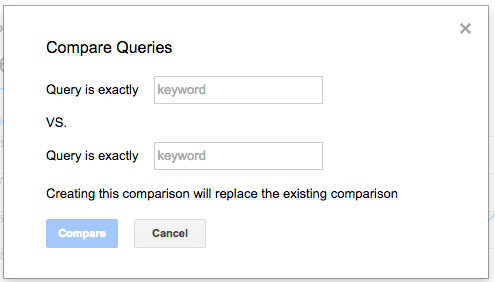Now, you do not need to wait for the post card from Google or find out getting the mobile phone or telephone confirmation from your phone tree. Some can confirm their local listing via email.
Google appears to be allowing some companies owners to confirm their local listings within Google My Business through email confirmation.
Kiran C. Kumar uploaded a screen shot of this in action on Twitter. You can view Google here's offering Kiran 3 solutions to confirm the business. The very first option is by emailing an email address for instant verification. The other two methods are typical, via phone or postal card.
Here you can confirm the business “by email now,” and it lists one of the e-mail addresses and their official website.
Which should help Google search engines get more confirmed businesses in Google My Business/Google Maps.
Read the full article on Search Engine Land.
Read the full article on Search Engine Land.
















